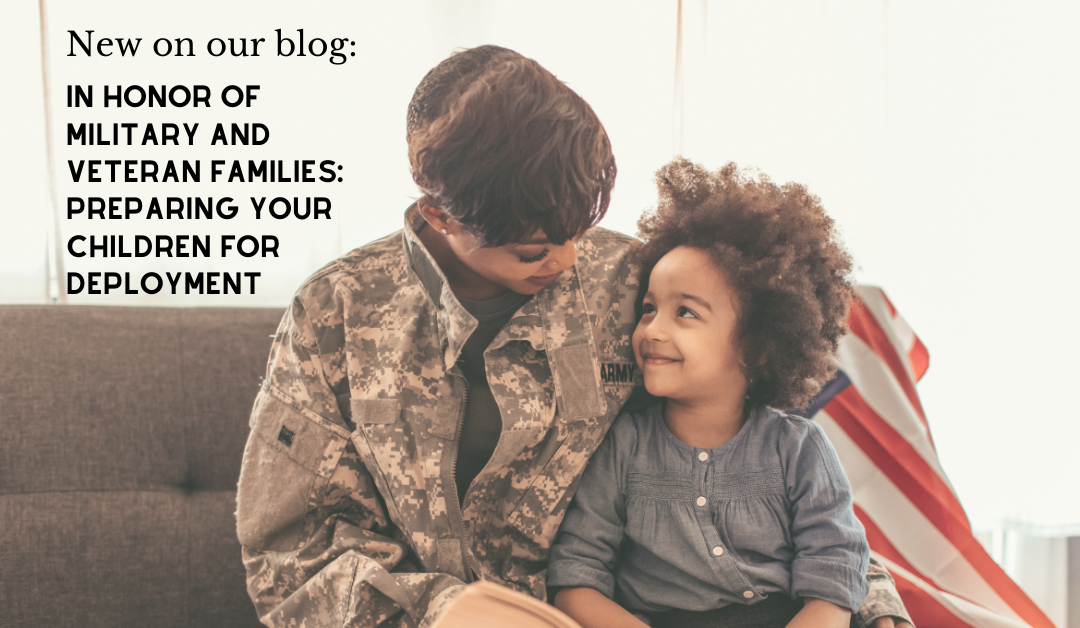
by | Nov 25, 2020 | Blog
Remaining thankful amid growing stressors in a year like 2020 can feel like you are swimming upstream – we understand. Among racial unrest, high unemployment, catastrophic weather, a stressful election season and a pandemic, tensions were high this year. Did you know that being mindful and showing gratitude in times of stress and disaster has scientifically proven to help your mental and physical health? We encourage you to choose gratitude this holiday season, as allowing yourself to have a grateful mind can positively impact your mental health and well-being. Here’s how to get started!
Remember the difficult times
Although this may seem counterintuitive, there’s a helpful thought process behind it. Think back to tough times in your life. Then, remember that you are still here. You’ve made it through stressful events, but here you stand – on the other side of it all. You’re stronger than you think.
Reframe your situation
While it’s important to remember that we shouldn’t ignore or deny pain during difficult times, we can reframe the way we approach the way we view situations. A new, fresh perspective on various aspects of life can jolt us into a better mindset. You might not be in charge …

by | Nov 10, 2020 | Blog
While preparing for deployment, many families tend to focus on the logistics, finances and preparations – which are all valid tasks to complete. However, it’s equally important to remember that your children will need mental and emotional support and guidance throughout your deployment. Routines will be altered, quality time with family will look different and many changes will occur. As we honor military families this Veteran’s Day, we offer advice on how to prepare for the deployment cycle.
Pre-deployment
It’s important to invest ample time and effort into your pre-deployment plans, as they will help set guidelines while one parent is away. First, prepare yourself for the emotions and questions your children may have. Speak to other parents who have experienced similar situations and ask for advice on how to go about these situations. Also, discuss with your partner the best possible way to explain deployment to your children, especially if they’re younger. While your children may have fears for the upcoming changes, remember that open communication is a great way to express and process concerns, emotions and plans. Speak with them about their emotions; share plans for regular communication; and discuss changes that may occur.
While deployed
For the …


